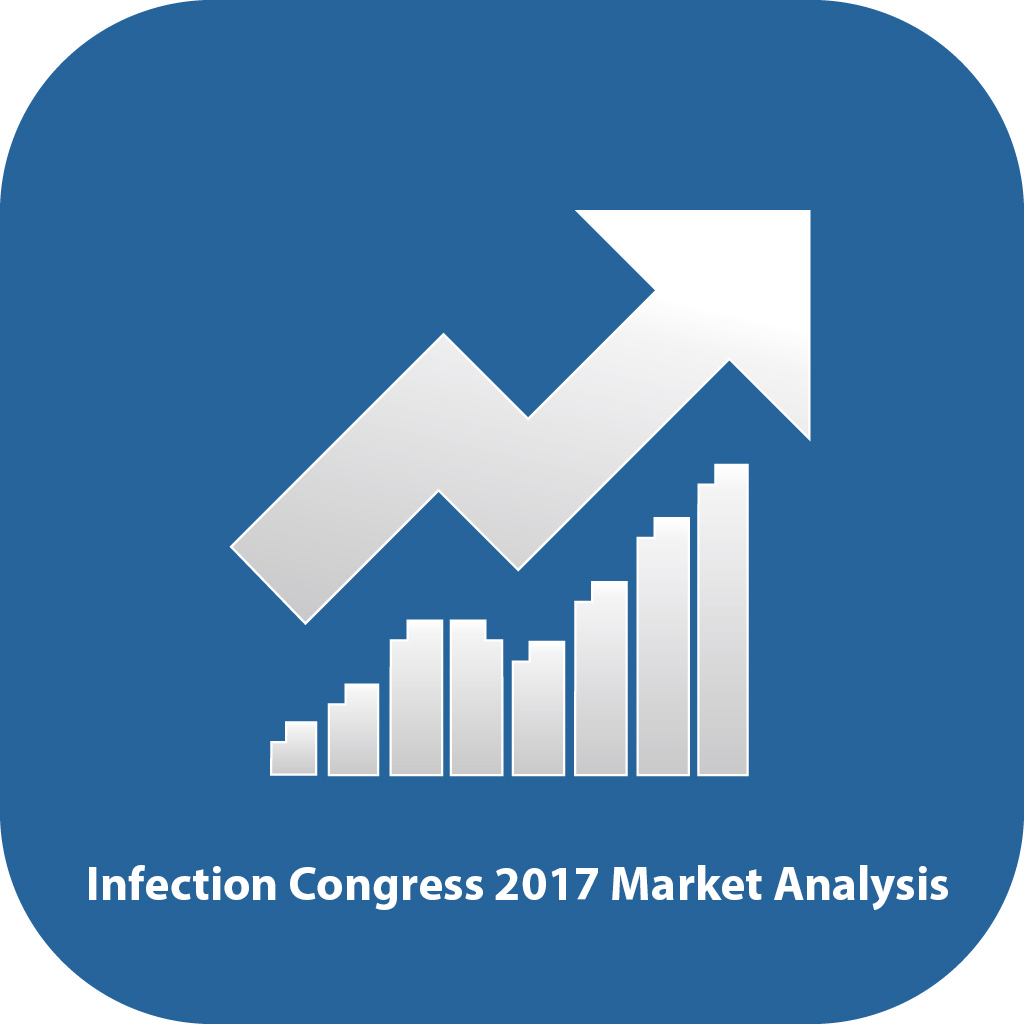
Yifat Ofir-Birin
Weizmann Institute of Science, Israel
Title: Cell-cell communication between Plasmodium and host immune via exosomes
Biography
Biography: Yifat Ofir-Birin
Abstract
Malaria, kills up to a million people each year, is caused by the protozoa of the genus Plasmodium falciparum (Pf). These vector-born parasites cycle between mosquitoes and humans and, in both contexts, are faced with an unstable and hostile environment. To ensure survival and transmission, the malaria parasite must infect and survive in the human host and differentiate into sexual forms that are competent for transmission to mosquitoes. We found for the first time that Pf-infected red blood cells (iRBCs) directly exchange cargo between them using nano-vesicles (exosomes). These tiny vesicles are capable of delivering protected genes to target cells. Cell-cell communication is a critically important mechanism for information exchange that promotes cell survival. How Pf parasites sense their host environment and coordinate their actions remain one of the greatest mysteries in malaria. Moreover, our understanding in the mechanism regulate human immune response to malaria infection is poor. Here, we found that malaria-derived exosomes carry remarkable cargo providing a secure and efficient mode for signal delivery. We developed an exosomes tracking assay and could measure Pf exosomes uptake by different cell types. Moreover, although early life-stages of Pf-iRBC are considered immunologically inert, our initial observations show that ring-stage derived exosomes are immunogenic. We show that exosomes can specifically activate and induce pro-inflammatory responses, resulting in interferon type I response. This is a new area of malaria research which may shed a light on the ability of malaria parasite to manipulate their host response.

